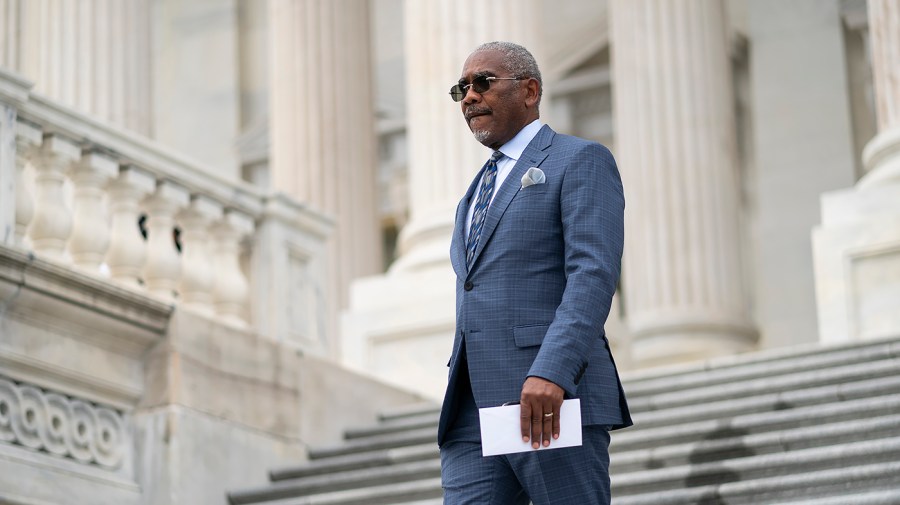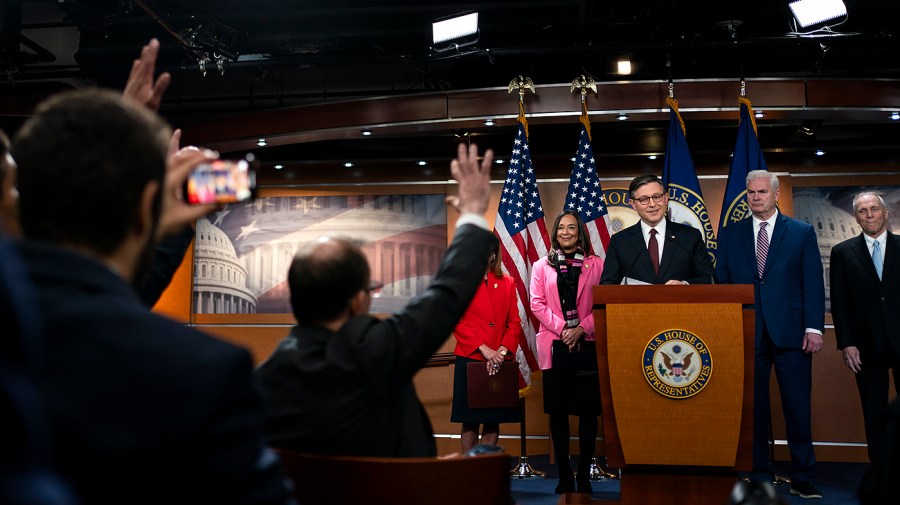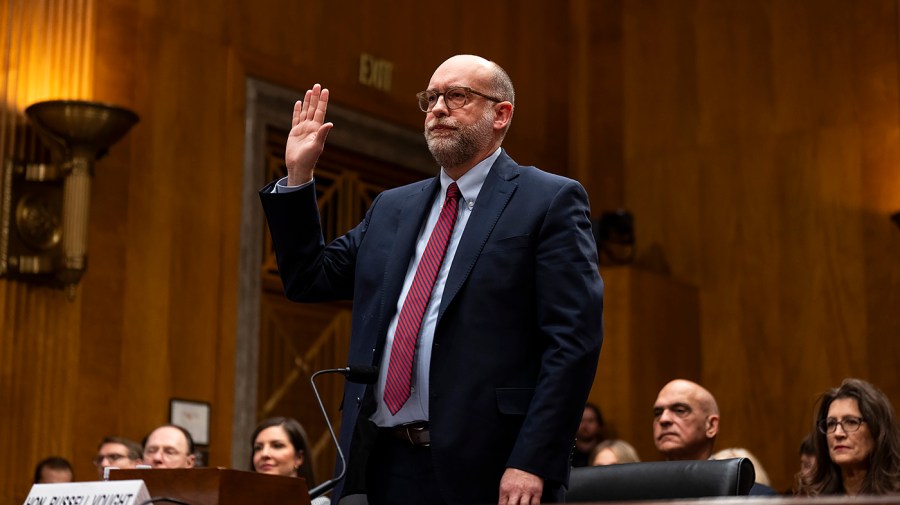The Senate on Wednesday teed up a final vote on the nomination of Russell Vought to lead the White House budget office.
The Senate voted 53-47 along party lines on Wednesday to limit debate on Vought’s nomination to lead the Office of Management and Budget (OMB) in the face of staunch opposition from Democrats.
Unless Democrats agree to yield back time, a final vote is likely to take place Thursday evening.
Democrats have come out strongly against Vought’s nomination in the wake of a memo that OMB issued last month directing agencies to temporarily pause disbursement of loans, grants and other financial assistance to determine if spending is in line with the president’s agenda.
The White House has since rescinded the sweeping memo amid confusion over what programs would be impacted and legal challenges. But officials have vowed to work to implement President Trump’s previous orders that also target some funding approved by Congress under the previous administration.
Meanwhile, Republicans are lining up behind the nominee, who served in the same post during Trump’s first term in office.
“Any nominee who gets unanimous consent out of committee of Republicans I’m supporting, subject to any kind of change or additional information, like I had to do with Pete Hegseth,” Sen. Thom Tillis (R-N.C.) told The Hill shortly after Vought’s nomination was reported out of committee last week.
“Generally speaking, I got to defer to people that have staff and access to information I don’t have about the nominee,” he said.
Republicans on the Senate Budget Committee voted 11-0 to advance Vought’s nomination after Democrats boycotted the vote in opposition.
Democrats had grilled Vought during recent hearings, particularly on the executive branch’s spending powers and the nominee’s ties to Project 2025, the conservative blueprint produced by the Heritage Foundation that was often the target of Democratic attacks during the 2024 presidential election cycle.
While Vought has vowed the administration will uphold the law, he also reiterated his position in hearings that the Impoundment Control Act, which sets limits on the president’s powers to restrict funding approved by Congress, is unconstitutional.






Leave a Reply